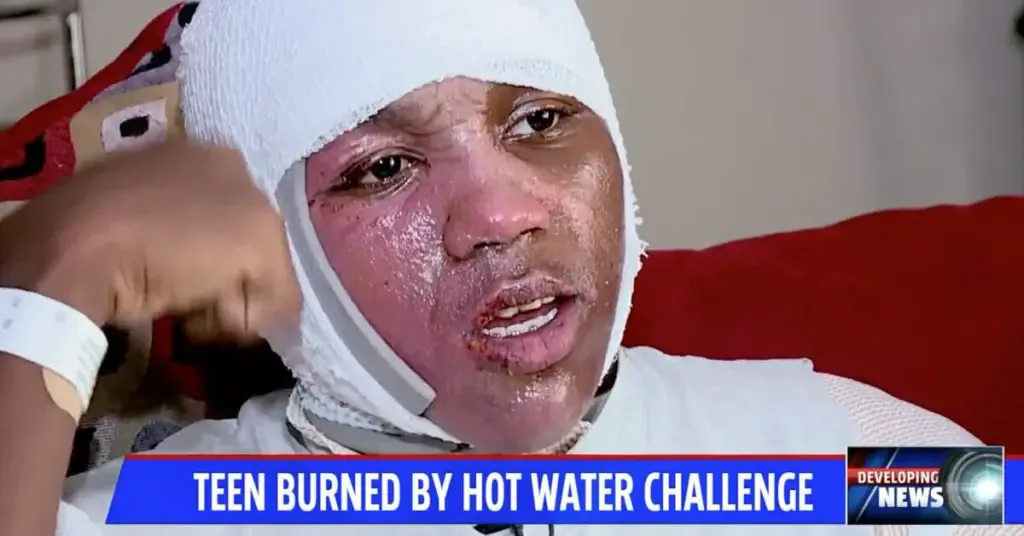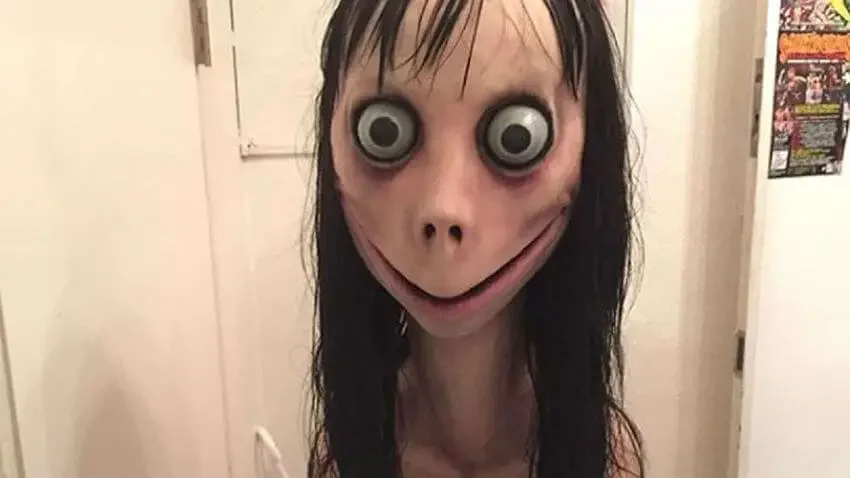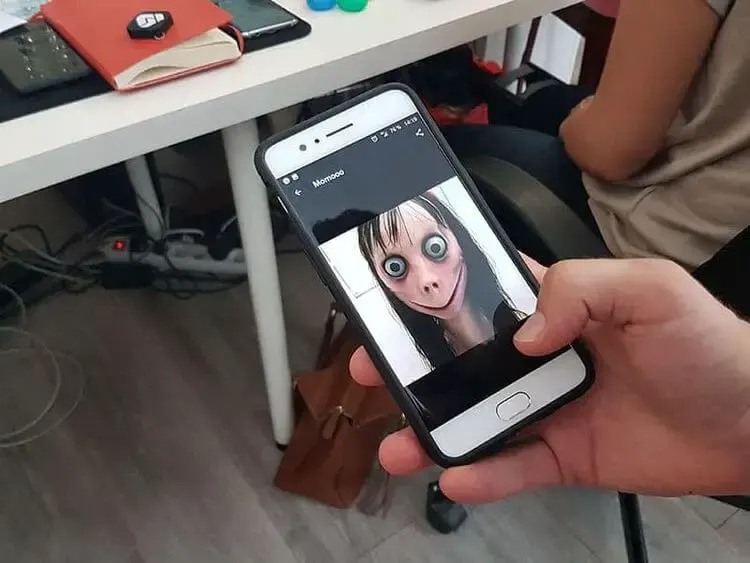Being young doesn’t mean being stupid, but it does mean being impressionable, being subject to peer pressure, and often facing confusing self-esteem issues.
And if there’s one thing many of us may remember about being young, it’s finding it difficult to resist a good dare.
This is how Internet challenges of viral nature quickly take over social media sites with countless teens participating in a huge number of different challenges.
Some of these challenges – like flipping water bottles, saying Bloody Mary in a mirror, or the Mannequin Challenge – are fairly harmless.
But others have the capacity to be seriously harmful and endanger young lives.
Some examples include The Tide Pod Challenge, which encouraged kids to eat detergent, and even the Choking Game, which is bad for the reasons you’ve probably guessed from its name.
The Hot Water Challenge, which has kids pouring hot water over themselves and potentially earning second-degree burns.

Now, a new challenge in sweeping the world: the Momo Challenge, a terrifying and sinister game that many are dubbing a worse version of the Blue Whale game from 2016.
If you recall, the Blue Whale game consisted of 50 challenges meant to be done over 50 days, handed out by game admins.
The challenges became increasingly violent and shocking, culminating in the final challenge: committing suicide.
The Momo Challenge has been linked to the suicide of a 12-year-old Argentinian girl.
It circulates around WhatsApp and makes use of a very disturbing photograph that depicts a woman with a wide, smiling mouth, disheveled black hair, and large, grotesquely bulging eyes.
As it turns out, this photo is a picture of an art exhibit by an artist in Japan named Midori Hayashi, who is not associated with this challenge in any way.

To play the game, players receive calls and text messages through the WhatsApp messenger application from Momo.
Momo repeatedly shows them violent pictures and sends them frightening text messages that contain details about the player that the player has not divulged to Momo.
Momo provides the player with a list of tasks.
Players are required to provide proof that they have finished these tasks with video footage.
They start off small, for example, asking the player to wake up in the middle of the night at a time they are not used to.
Then, the tasks slowly escalate, asking players to overcome fears, performing dangerous acts, and finally, jumping from heights to end their life.

The 12-year-old child who took her own life filmed herself before doing so and police believe that she had been speaking with an 18-year-old that she met on social media around this time.
After this tragedy occurred, WhatsApp put out a statement advising users to block and report problematic messages such as those that Momo had been sending.
Unfortunately, the Momo Challenge is likely not restricted to WhatsApp alone and can be done on any platform.
It makes use of psychological tricks in order to persuade these young teens and preteens to perform these acts, often intentionally preying on those with low self-esteem.
It’s a good idea for parents to monitor their children’s social media usage to ensure that situations like these are not unfolding behind the screen.
